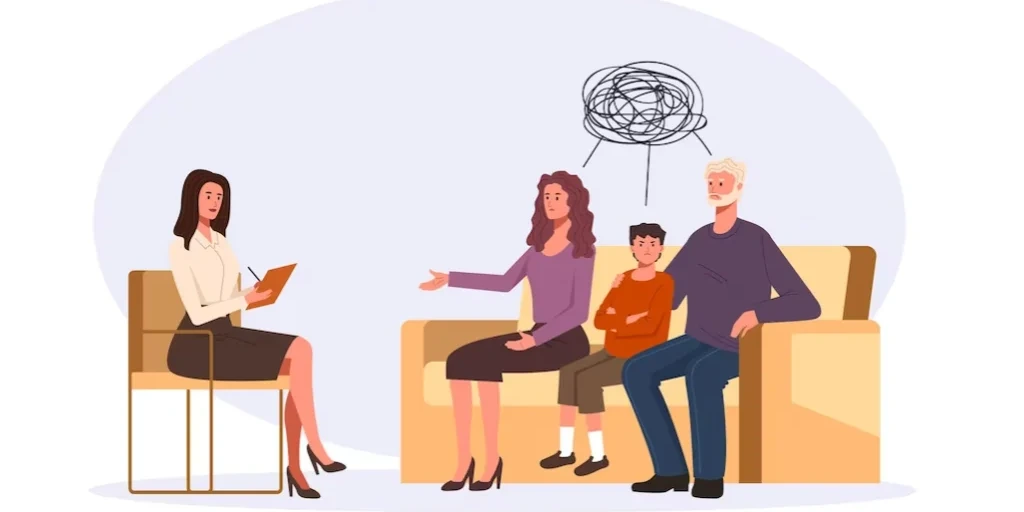24/7 Helpline:
(866) 899-221924/7 Helpline:
(866) 899-2219
Other Insurance Options

Oxford

Cigna

BlueShield

Magellan Health

Sutter

WellPoint

Medical Mutual of Ohio

Optum

Lucent

Magellan

United Health Care

Sliding scale payment assistance

MHNNet Behavioral Health

Premera

ComPsych

Health Choice

Providence

Coventry Health Care

Amerigroup

Choice Care Network



















